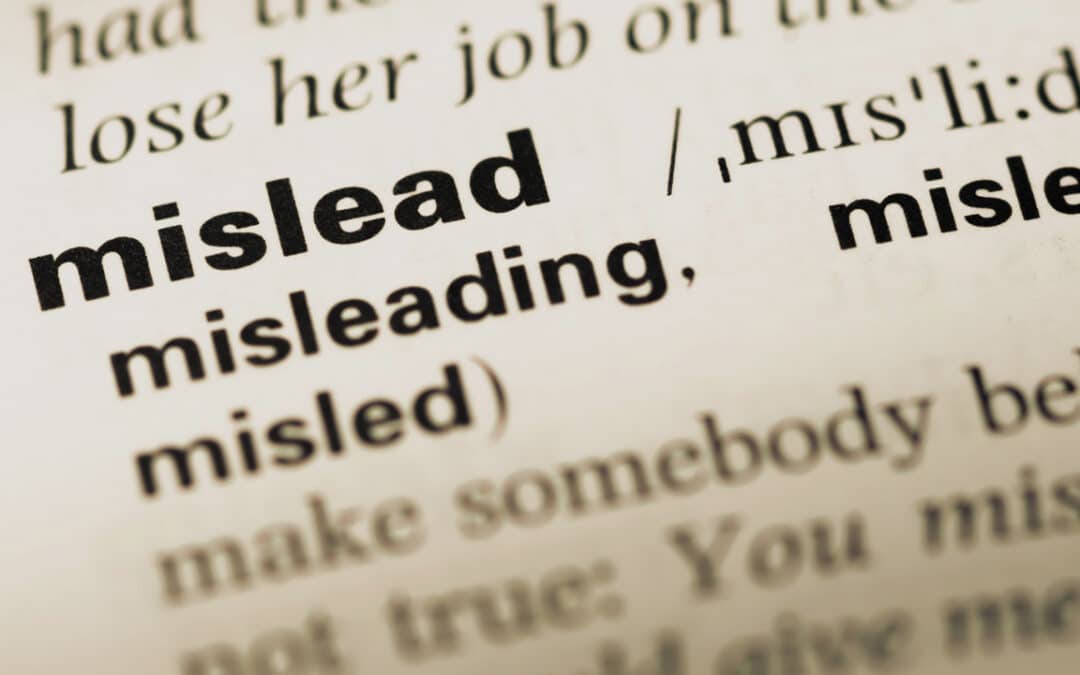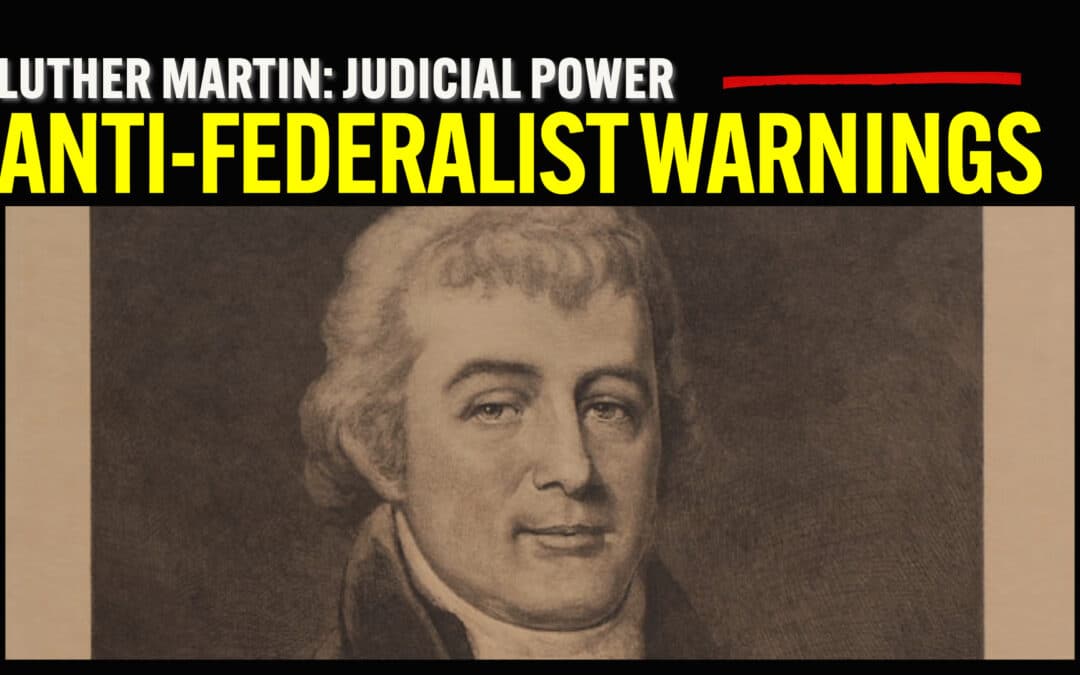

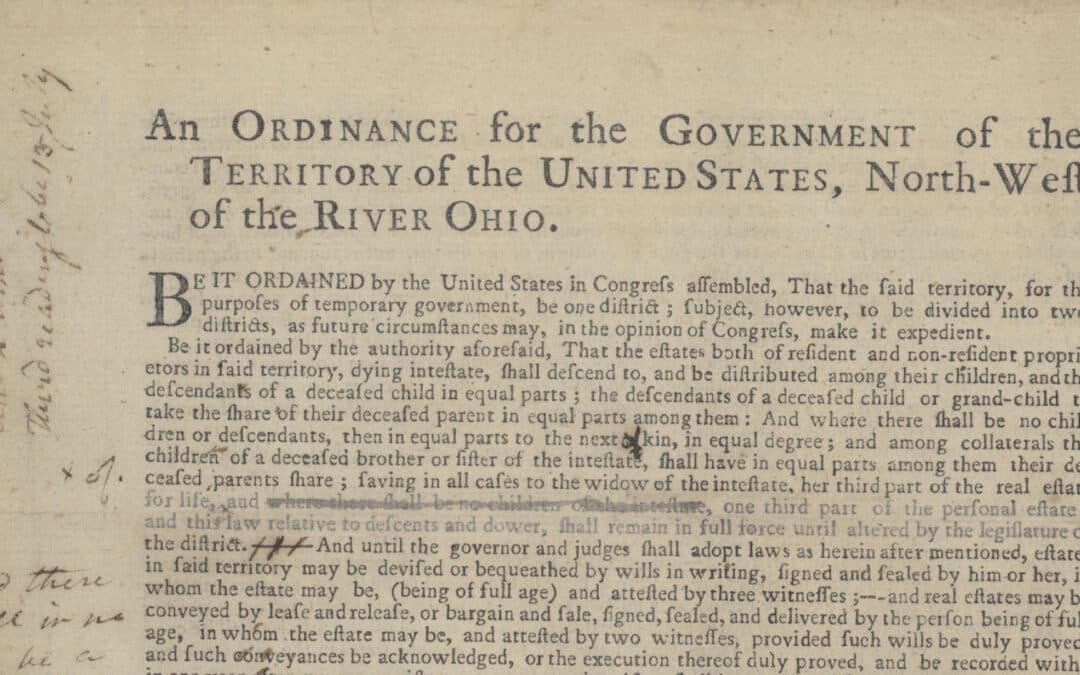
Northwest Ordinance: Landmark 1787 Law Set the Foundation
On July 13, 1787, the Confederation Congress passed the Northwest Ordinance, one of the most important and influential acts of the early republic. It established a bill of rights years before one was added to the Constitution, and prohibited slavery in the territory...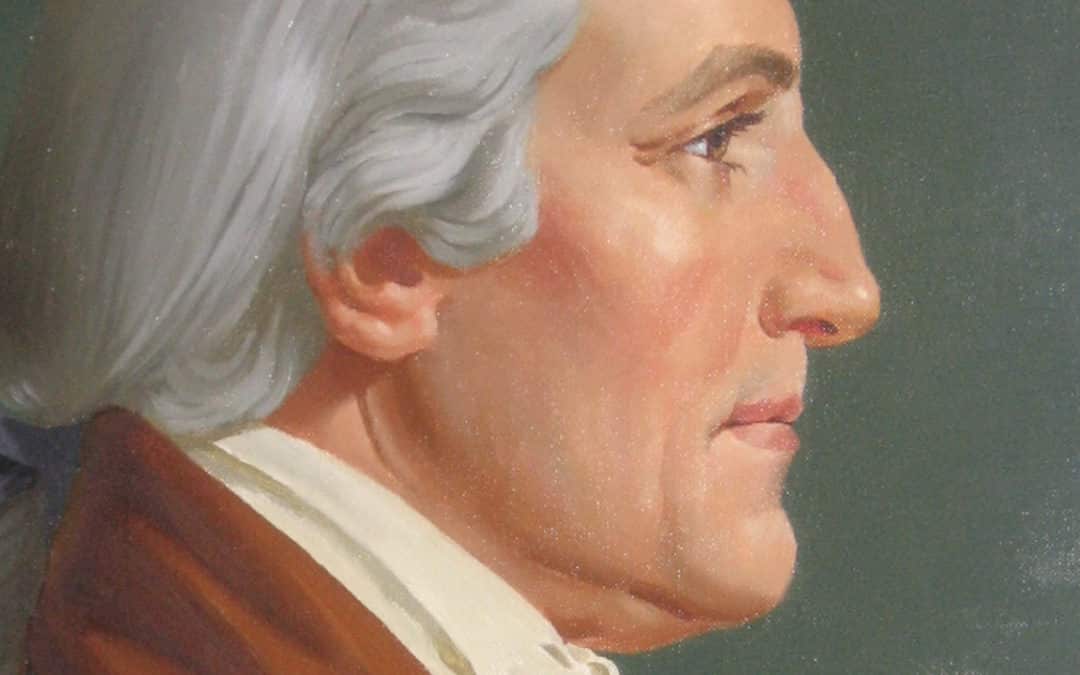
St. George Tucker: Our Original Originalist?
On July 10, 1752, St. George Tucker was born. He wrote the first systematic commentary on the U.S. Constitution and was one of the most influential jurists and legal scholars during the formative years of the United States. Tucker was born near Port Royal, Bermuda....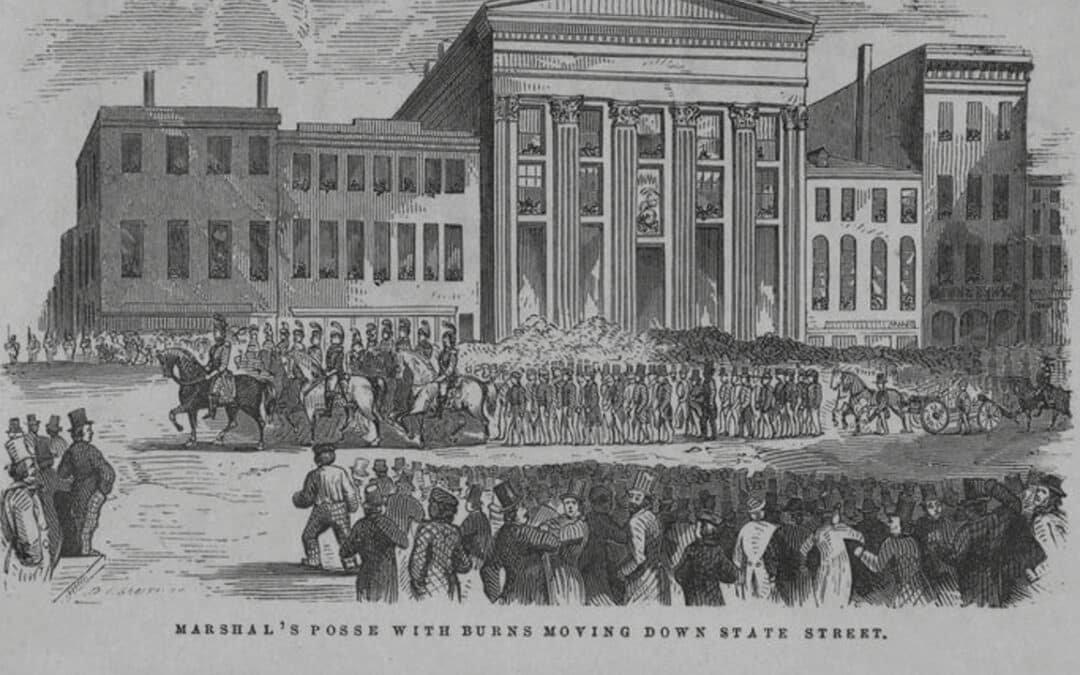
Fight for Freedom: The Anthony Burns Affair
On May 24, 1854, federal marshals arrested Anthony Burns, kicking off one of the most famous fugitive slave – and nullification – cases in U.S. history. Burns ultimately lost his court case and was returned to slavery, but the cost of the trial, along with...